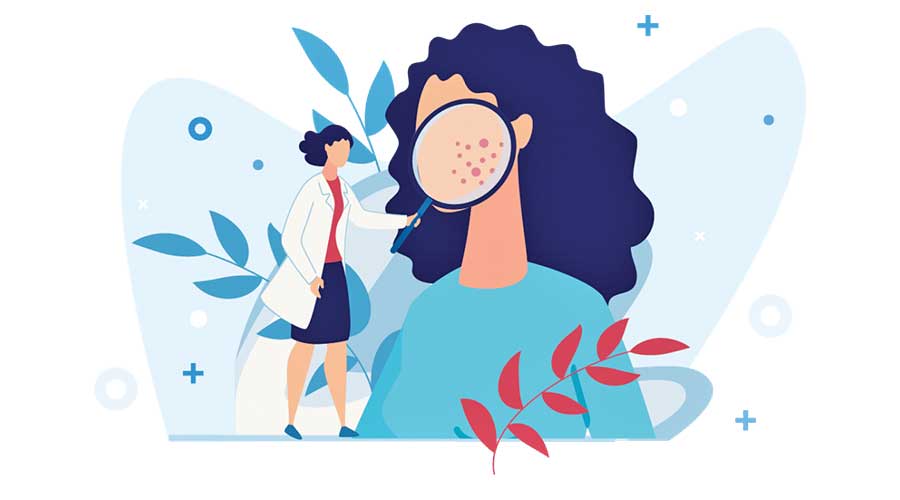ASK A PHYSICAL THERAPIST
- 20 Apr - 26 Apr, 2024

The short answer to whether or not sulfates are really bad for your hair and skin is no. In fact, the biggest risk associated with sulfates is skin irritation, often experienced by individuals that are more sensitive or allergy-prone. Chances are, if your skin or scalp are sensitive, common sulfates like SLS and SLES might be too aggressive for you. You can choose to remove sulfates from your regimen, or choose products that contain naturally derived surfactants, which are oftentimes less irritating than petroleum- or salt-derived sulfates. Or, if your favourite shampoo contains sulfates and you’re not ready to let it go, make sure you follow up with hydrating products to keep irritation and dryness at bay. The bottom line is that sulfates aren’t the bad guys they’re often made out to be. As long as they’re not in contact with your skin and hair for a long time or ingested in large quantities, they’re not likely to cause negative side effects. When they are used correctly and in normal quantities, most users won’t even know the difference!
While some believe keeping their skin care products in the fridge can prolong their shelf life, this is not necessarily true. Actually, preservatives maintain formulas, and keeping beauty products stored in cool places will not increase how long they are safe to use. That said, putting certain products in the fridge a few minutes before applying them can soothe puffiness, irritation and redness.
Pro Tip: Cool down your favourite eye cream or gel mask for a few minutes for an instant soothing effect! The cool temperature restricts blood vessels, minimising inflammation while relieving irritation.
Acne can be a frustrating condition to deal with, even more so for adult sufferers who expected to “outgrow” the condition. The truth is, acne can affect a wide range of ages and some sources of acne actually become more prevalent in adults. It is well known that hormonal changes, environmental pollution and bacteria can cause acne, but stress – often worse in adulthood – is a key contributor to breakouts as well. Many acne cleansers are designed for younger users who are more likely to have oily skin. Skin moisture naturally declines with age, and using too harsh of a cleanser can backfire. Harsh cleansers and astringents can strip skin of natural oils, leaving skin looking rough or flaky. Cleansers with low levels of salicylic acid are often better suited for adult use.
COMMENTS